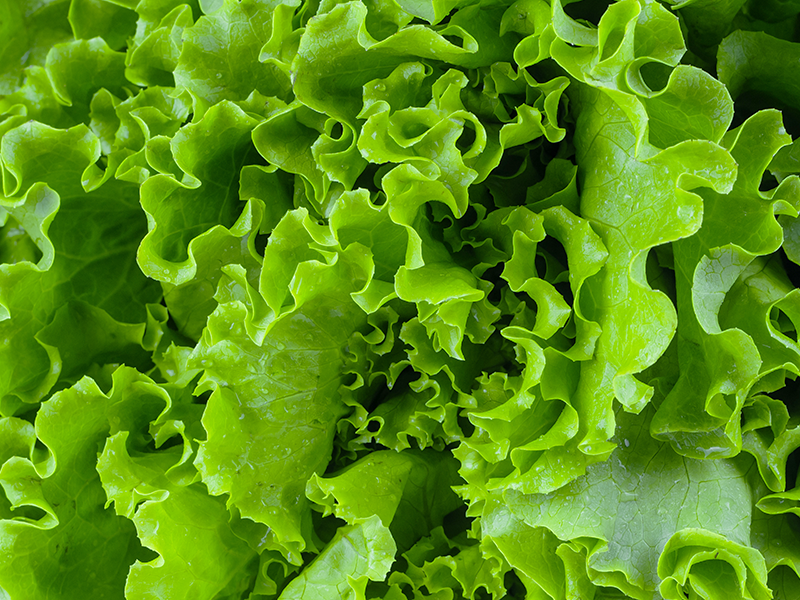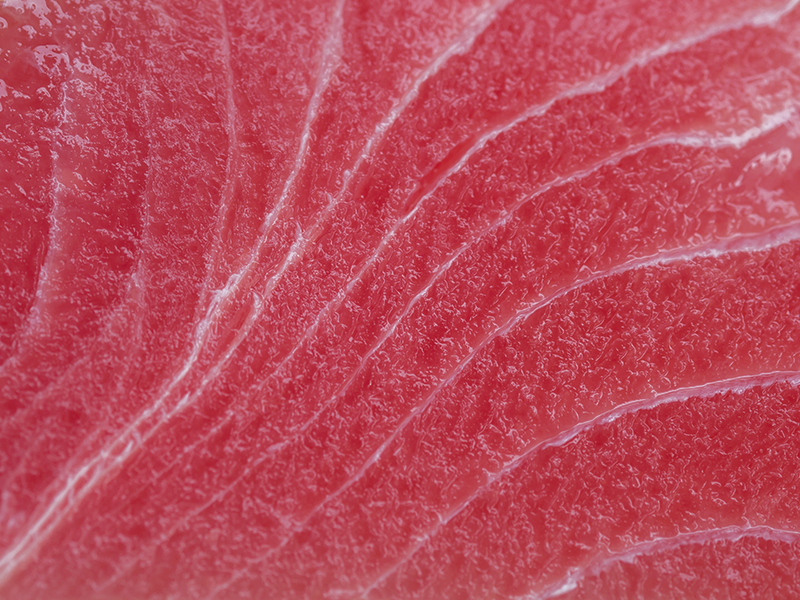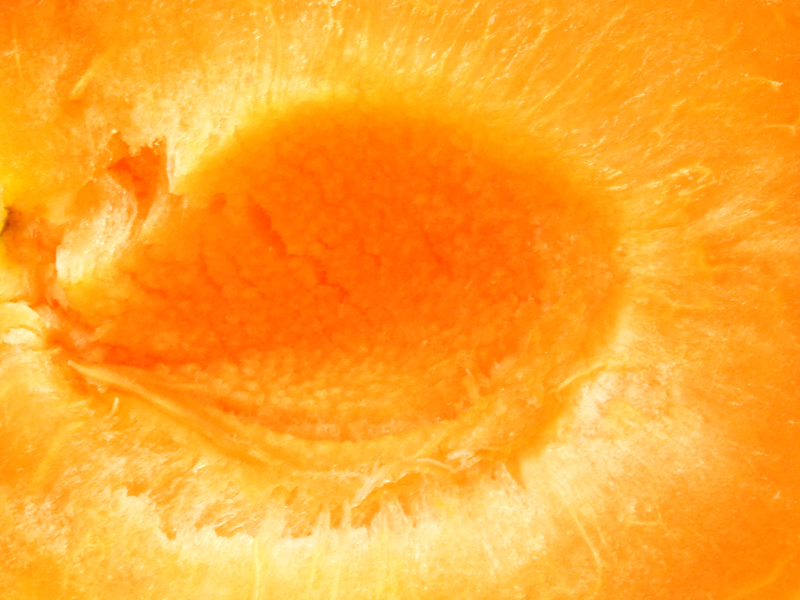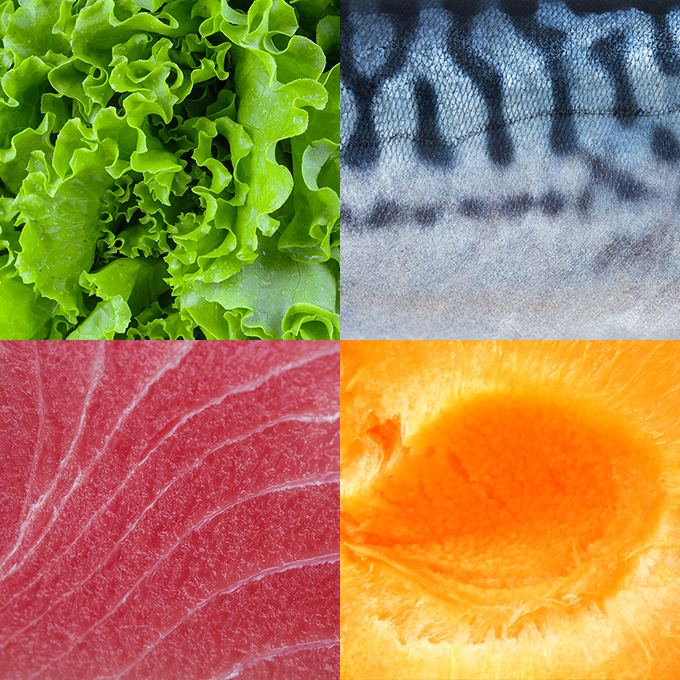Lettuce

There are five basic types of lettuce: butterhead, crisphead (including iceberg), looseleaf, romaine (or cos) and celtuce. You may not have heard of all of them, and think they are pretty interchangeable, but all of them differ in terms of structure and therefore texture and taste. Lettuce has been given a pretty bad wrap, and often people would avoid it, with visions of limp leaves in sandwiches and mixed salads. But prepare it right and lettuce can be as good a vegetable as any, with some fantastic health benefits. Eat lettuce and you will be helping your heart, your digestive system and your cholesterol levels too.
To see our Classic Caesar salad recipe, click here.
Mackerel

Mackerel is an oily fish and consumption is often recommended as part of a healthy diet. Similar to salmon in terms of its benefits, the high levels of omega-3 fatty acids have a positive effect on cell health, inflammation, brain and nerve development and preventing some cancers. If you’ve been ill, eat mackerel, as it helps strengthen the immune system. For a quick and easy dish, buy smoked mackerel and flake it into a salad, stir fry or pasta dish. Alternatively, enjoy it as a snack with this pâté recipe.
To see our Mackerel Pâté recipe, click here.
Tuna

Although it has good levels of varied vitamins, tuna is surprisingly high in an antioxidant called selenium, which helps protect the red blood cells in the body. The magnesium and potassium also contribute to healthy blood flow, blood pressure, and general heart health. Canned tuna is probably how it is most commonly consumed, but why not be adventurous next time you fancy something fishy? Pick up some fresh tuna steaks from your fishmonger or supermarket and try searing it, as favoured in oriental cuisine.
To see our Seared Sesame Tuna recipe, click here.
Apricots

These golden fruits have sweet flesh and velvety skin, and can be found in a variety of forms including dried and tinned in juice or syrup. Apricots are often interchanged with peaches and nectarines, but are more tart in flavour. They are very rich in antioxidants, can protect against inflammation and have the ability to help your eyesight, as they contain the nutrients carotenoids and xanthophylls which prevent the retina from damage by blue light. You can buy them in packets or tins all year round, but try them at their best and freshest in this puree recipe for a great sweet topping to a breakfast dish or dessert.
To see how to make our Apricot Purée, click here.


















